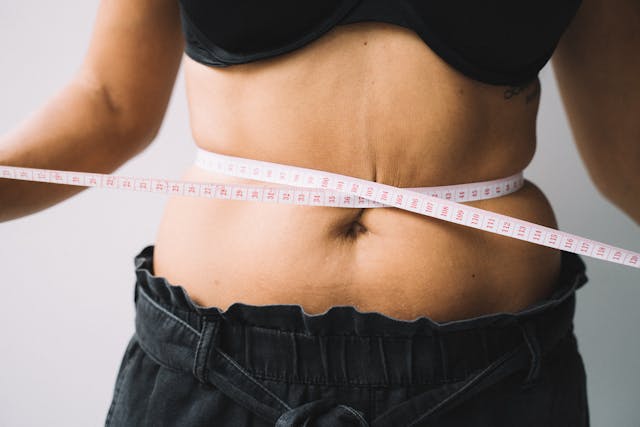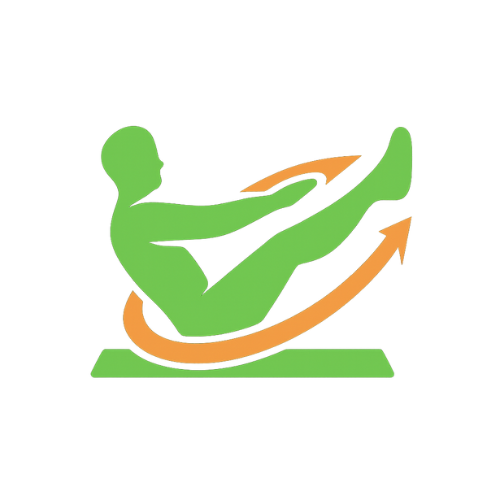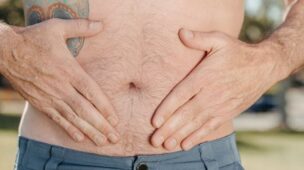Reading time: 5 minutes
Why Losing Weight Can Be Challenging
Starting a diet can feel like a battle, especially when cravings for sweet or greasy foods hit you out of nowhere.
These moments often derail our progress, leaving us frustrated and stuck.
But don’t worry—this guide will show you how to lose weight effectively while managing cravings, building better habits, and staying consistent with your goals.
How to Lose Weight Fast: The Basics

Losing weight quickly requires a combination of discipline and strategy. The core principle is straightforward:
- Consume fewer calories than your body burns.
- Burn more calories through physical activity.
However, it’s not just about eating less or exercising more—it’s about doing it in a way that’s sustainable. Here’s how:
- Focus on calorie density: Opt for low-calorie, nutrient-rich foods like vegetables and lean proteins.
- Increase physical activity: Add exercise to your routine, such as brisk walking or resistance training, to burn extra calories and improve metabolism.
- Stay hydrated: Sometimes thirst is mistaken for hunger. Drinking water can help curb unnecessary snacking.
While rapid weight loss can be motivating, always aim for healthy practices to avoid burnout or long-term health issues.
How Many Calories to Lose Weight?
The number of calories you need to consume to lose weight depends on factors like your age, gender, weight, activity level, and metabolism. Here’s a general guideline:
- Calculate your maintenance calories: This is the number of calories your body needs to maintain its current weight. Use an online calorie calculator to estimate this.
- Create a calorie deficit:
- For gradual weight loss, aim for a deficit of 300–500 calories per day.
- For faster results, consider a deficit of 500–1,000 calories per day (but consult a doctor for significant reductions).
Example:
- If your maintenance calories are 2,500, eating 2,000 calories per day would create a deficit of 500, leading to approximately 1 pound of weight loss per week.
Remember, the focus should be on quality over quantity—nutrient-dense foods fuel your body better than empty calories from processed snacks.
The Emotional Side of Eating: Breaking the Cycle

Food often becomes a coping mechanism for emotions like stress, sadness, or boredom. When we reach for comfort foods, the temporary relief they provide can lead to guilt, which fuels more unhealthy eating.
How to Break the Cycle:
- Identify emotional triggers and address them with healthier outlets, like exercise, journaling, or meditation.
- Seek professional support if emotional eating feels overwhelming.
Practical Tips to Stay on Track
- Out of Sight, Out of Mind:
Don’t keep high-calorie snacks at home. If you don’t see them, you’re less likely to eat them. - Follow a Balanced Diet:
Allow yourself occasional treats in small portions to avoid bingeing later. - Don’t Let Mistakes Derail You:
Everyone slips up. If you eat something off-plan, don’t let it spiral—just get back on track with your next meal. - Plan for Social Events:
At parties, set limits on indulgent foods. For example, allow yourself two small desserts instead of an unlimited buffet.
Reeducating Your Taste Buds
Many people think healthy eating means bland, boring food. This belief stems from years of exposure to processed foods designed to overstimulate taste buds with artificial flavors.
How to Reeducate Your Palate:
- Gradually introduce more natural, whole foods into your diet.
- Avoid highly processed foods to help your body adjust to subtle, natural flavors.
- Experiment with herbs and spices to make healthy meals more exciting.
Over time, your preferences will shift, and healthier foods will become more enjoyable.
Why Belly Fat is So Hard to Lose
Belly fat, or visceral fat, is particularly stubborn due to its role in protecting vital organs. Hormonal imbalances, genetics, and stress can make it even harder to shed.
Tips for Targeting Belly Fat:
- Eat a balanced diet rich in whole foods.
- Engage in high-intensity interval training (HIIT) and strength training to burn fat and build muscle.
- Manage stress through activities like yoga or meditation.
Remember, spot reduction isn’t possible—you’ll lose belly fat as part of overall fat loss.
What to Eat to Lose Weight
Choose foods that keep you full, provide nutrients, and support fat loss:
- Proteins: Chicken breast, fish, eggs, Greek yogurt, and tofu.
- Fibrous Vegetables: Broccoli, spinach, kale, and bell peppers.
- Healthy Fats: Avocado, nuts, seeds, and olive oil.
- Whole Grains: Brown rice, quinoa, and oats.
- Fruits: Berries, apples, oranges, and bananas.
These foods help maintain energy levels and reduce cravings while keeping calorie intake in check.

How to Lose Weight: Final Thoughts
Weight loss isn’t about perfection—it’s about consistency. Focus on small, sustainable changes that add up over time. Whether it’s improving your diet, managing emotions, or increasing physical activity, each step brings you closer to your goals.
Start today by implementing one or two tips from this guide. Over time, you’ll build habits that make weight loss not just achievable, but also enjoyable.
FAQs
1. What is the fastest way to reduce weight?
The fastest way to reduce weight is by combining a calorie deficit with regular exercise. Focus on high-protein, low-calorie foods and avoid processed snacks. However, prioritize health and sustainability over extreme methods.
2. Why is belly fat so hard to lose?
Belly fat is stubborn due to hormonal factors and its role in storing energy for vital organs. It requires consistent overall fat loss through a balanced diet and regular exercise.
3. What should I eat to lose weight?
Focus on nutrient-dense foods like lean proteins, whole grains, vegetables, and healthy fats. Avoid sugary and processed foods that add empty calories.
4. How many calories should I eat to lose weight?
Calculate your maintenance calories and create a deficit of 300–500 calories per day for gradual weight loss. For faster results, aim for a deficit of 500–1,000 calories, but consult a doctor for safety.
5. Can I lose weight without exercising?
Yes, weight loss is primarily driven by a calorie deficit. However, exercise enhances fat loss, improves metabolism, and supports overall health.




Permalink